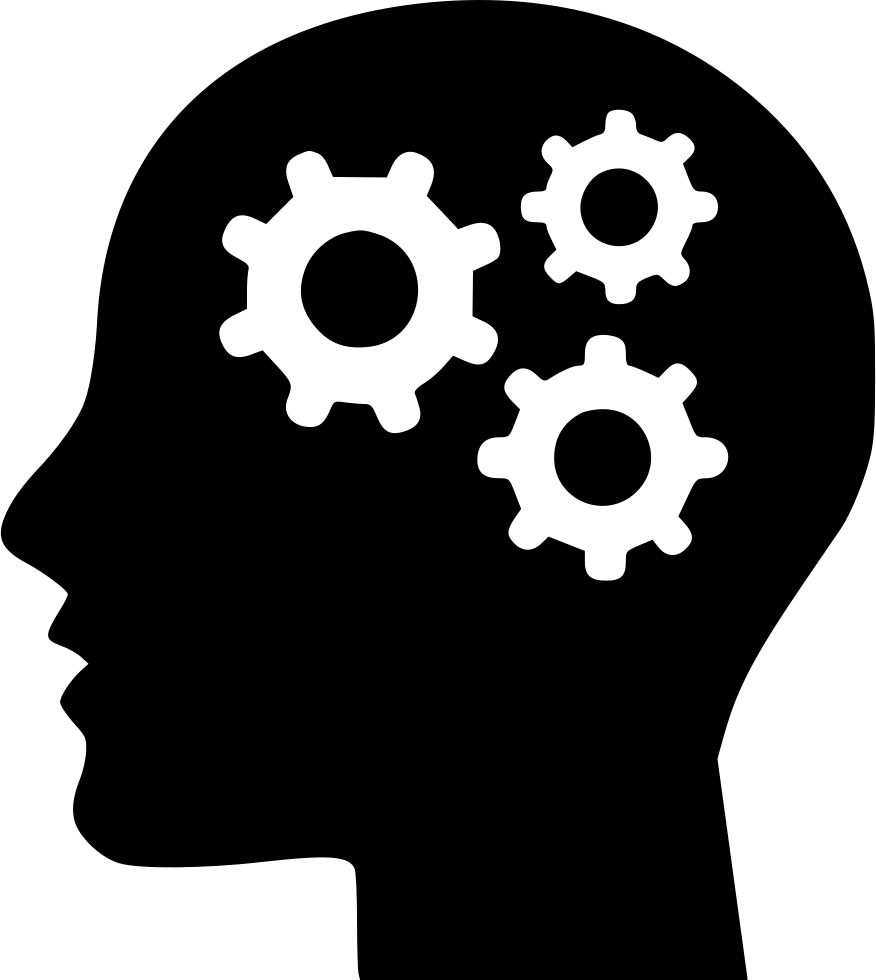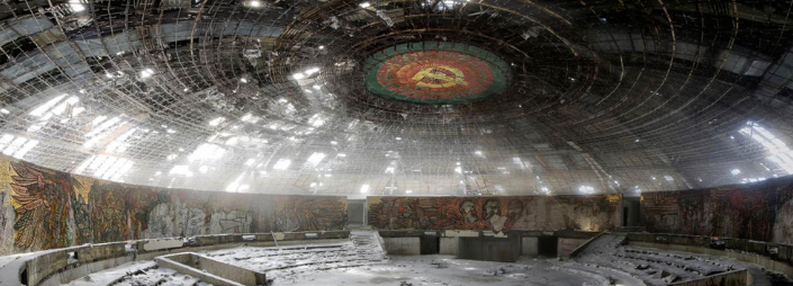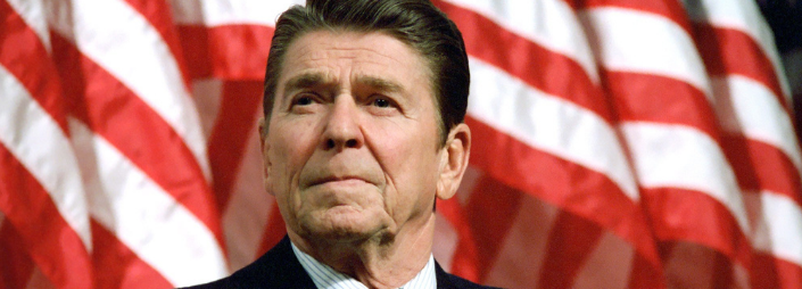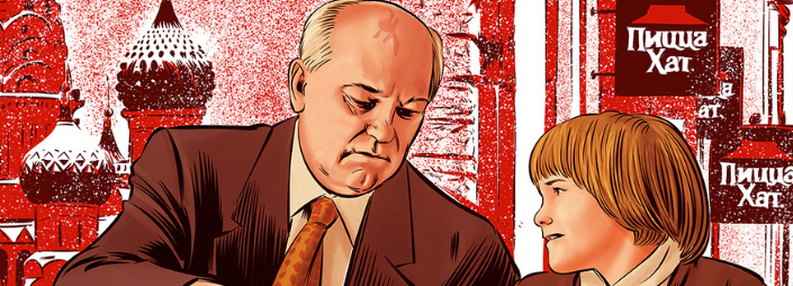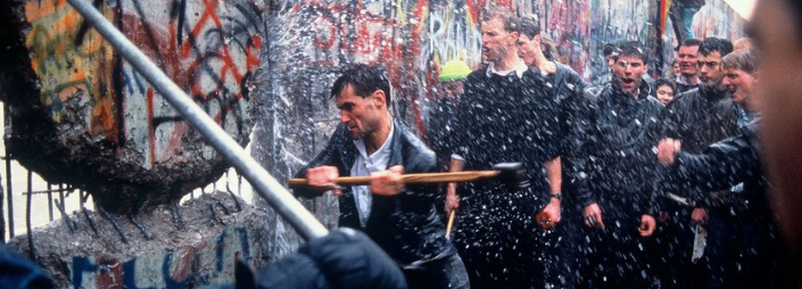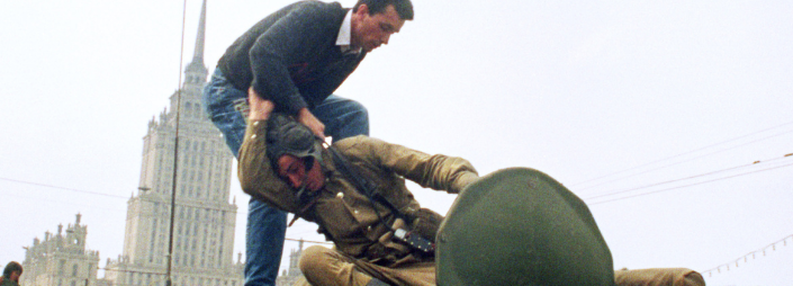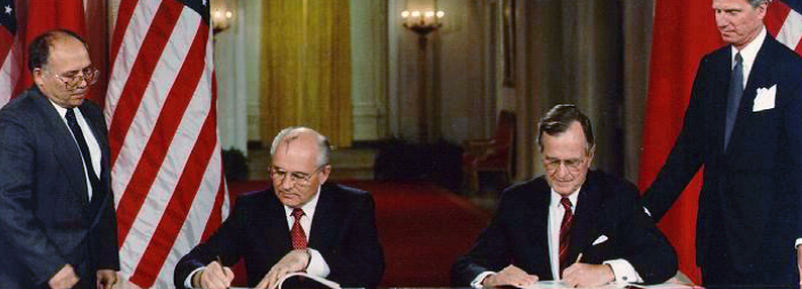Unit Outline
The sudden and abrupt end to the Cold War in the later half of the 1980s still puzzles policy makers and political theorists to this day. As a superpower, the USSR competed toe-to-toe with the US for most of the twentieth century. Its armed forces were the most powerful in the world and geographically at least, the USSR controlled a huge percentage of the land surface of the Earth. Why this huge empire suddenly collapsed, seemingly willingly, thus requires closer causal analysis.
As with any historical event, historians have sought to explain the collapse by examining both the long-term and short-term causes. Whilst historians are generally agreed that long-term economic decline persisted within the USSR, they still debate over the shorter-term factors. Many of these historical perspectives and debates revolve around the extent to which the US 'won' the Cold War by outcompeting the USSR in the arms race. But to what extent is this perspective true? The statement of inquiry for this unit is therefore:
As with any historical event, historians have sought to explain the collapse by examining both the long-term and short-term causes. Whilst historians are generally agreed that long-term economic decline persisted within the USSR, they still debate over the shorter-term factors. Many of these historical perspectives and debates revolve around the extent to which the US 'won' the Cold War by outcompeting the USSR in the arms race. But to what extent is this perspective true? The statement of inquiry for this unit is therefore:
|
statement of inquiry
Military confrontations encourage scientific and technical innovation, which can have unintended consequences on states
global context
Scientific and Technical Innovation (Opportunity, risk, consequences and responsibility) - Students will explore the natural world and its laws; the interaction between people and the natural world; how humans use their understanding of scientific principles; the impact of scientific and technological advances on communities and environments; the impact of environments on human activity; how humans adapt environments to their needs.
key history concept
Consequence - History is the understanding of how forces in the past have shaped future people and societies. Students demonstrate competency as historical thinkers where they understand and can explain how significant events and people have had both short-term and long-lasting effects. Students use evidence and interpretations of those people and events to make comparisons between different points in time, and to make judgments about the extent to which those forces produced long-lasting and important consequences.
related history concept(s)
Causality - is the relationship between cause and effect and the internal and external factors that influence this relationship. In history, a cause is something that gives rise to an action, event, phenomenon, or condition. A consequence is a result or an effect of an action, phenomenon or condition. Causes and consequences are often examined together in relation to a specific event, phenomenon or time period, particularly over the “short term” and “long term”. The problem of “multiple causality” has also been central to historiography.
|

